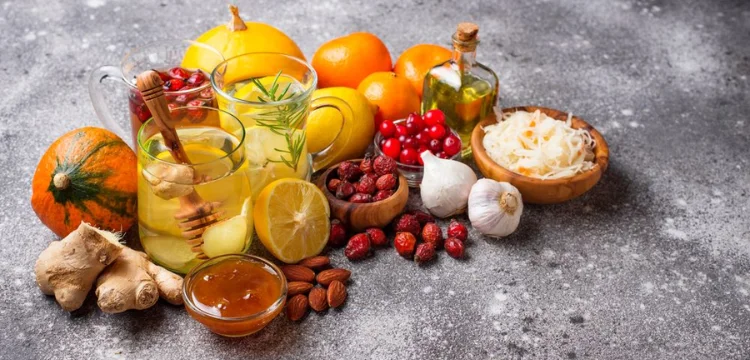During the damp and humid monsoon season, it’s important to be cautious about the foods you consume due to the increased risk of bacterial, fungal, and viral contamination. Here are some foods to avoid or limit during this time to prevent health issues:
Seafood
While seafood can be enjoyed year-round, the monsoon season makes fish and prawns particularly susceptible to pathogens and bacteria found in warm, freshwater bodies. Eating seafood during this period increases the risk of illness, so it’s wise to be selective and cautious with seafood choices.
Root Vegetables
Root vegetables like onions, carrots, and potatoes absorb more moisture from the soil during the monsoon, making them prone to bacterial growth. This can increase the likelihood of foodborne illnesses, so it’s advisable to limit their consumption.
Leafy Green Vegetables
Leafy greens such as spinach, lettuce, and kale should be avoided during the monsoon. The damp conditions promote the growth of bacteria and fungi on their surfaces, which can lead to indigestion or infections.
Cauliflower and Broccoli
The dense structures of cauliflower and broccoli trap moisture, fostering bacteria and insects. High humidity during the monsoon increases contamination risks, leading to foodborne illnesses and digestive issues. It’s better to opt for vegetables that are easier to clean.
Eggplant
Eggplant can develop alkaloids during the monsoon to protect itself from moisture and bacteria, making it more toxic. This can increase the risk of rashes, itchiness, and nausea for those who consume it.
Bell Peppers
Bell peppers can be difficult to clean thoroughly, and consuming them raw during the monsoon season can lead to stomach infections if they harbor waterborne pathogens.
Dairy Products
Dairy products like milk, cheese, and yogurt can spoil quickly in the humid conditions of the monsoon. Bacteria and pathogens thrive in these conditions, leading to gastrointestinal infections and food poisoning. To avoid this, store dairy products in a cool, dry place and consume them before their expiry date.
By being mindful of these food choices during the monsoon season, you can reduce the risk of foodborne illnesses and enjoy a healthier, safer diet.











